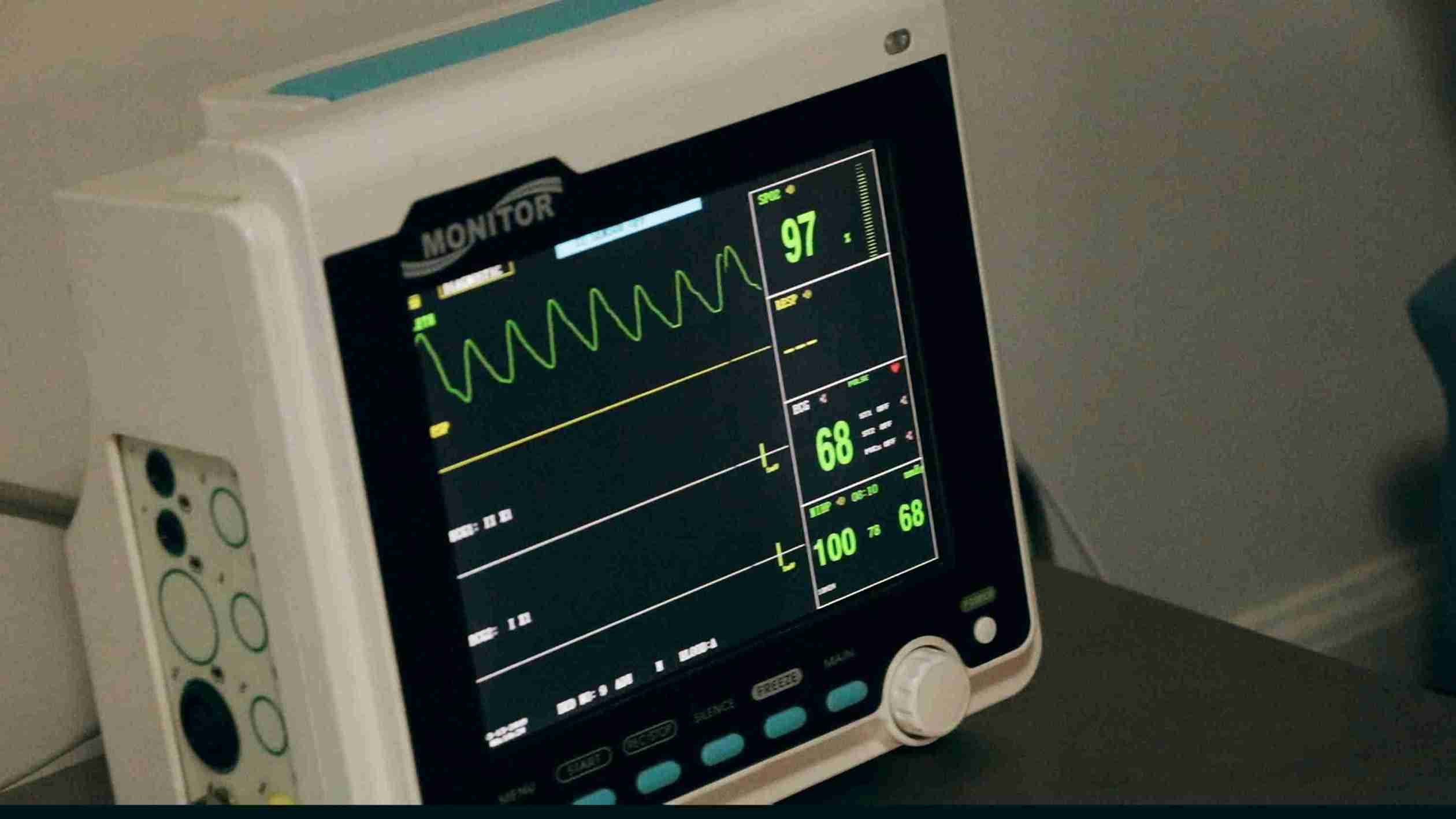What is Cashless Health Insurance

In an era marked by advancements in healthcare and an increasing focus on financial security, Cashless Health Insurance has emerged as a key detail of modern healthcare management. This innovative insurance approach not only simplifies the financial aspect of medical treatment but also grants individuals easier access to quality healthcare services.
Here in the blog, we will understand the concept of Cashless Health Insurance in detail.
What is Cashless Health Insurance
Cashless Health Insurance is a type of insurance policy that allows policyholders to receive medical treatment at network hospitals without having to pay for the expenses upfront. Instead, the insurance company settles the medical bills directly with the hospital, providing convenience and financial security during healthcare emergencies or planned treatments.
Types of Cashless Health Insurance Policies
There are three main types of Cashless Health Insurance policies in India, including the ones you specified:
-
Cashless Individual Health Insurance
This type of policy provides coverage to an individual policyholder against medical expenses incurred due to illness, injury, or hospitalisation.
-
Cashless Family Floater Health Insurance
Family floater plans provide coverage for an entire family under a single policy. It covers medical expenses for all family members mentioned in the policy.
-
Cashless Senior Citizen Health Insurance
This type of policy is specifically designed to address the healthcare needs of senior citizens, typically those aged 60 and above.
How Does Cashless Health Insurance Work
Cashless health insurance works through a straightforward process that involves the policyholder, network hospitals, and the insurance company.
Here's how the cashless claim process operates:
-
Policy Purchase
The individual or entity purchases a cashless treatment policy from an insurance provider.
-
Network Hospitals
The insurance company has partnerships with a network of hospitals and healthcare providers. These are institutions where policyholders can avail of cashless services.
-
Health Insurance Card or Policy Number
Upon policy issuance, the policyholder receives a health insurance card or policy number, which serves as proof of insurance coverage.
-
Medical Treatment Need
In case of a medical need, the policyholder can visit any of the network hospitals for treatment. If it's a planned treatment, they should inform the insurance company in advance.
-
Pre-Authorisation Process
For planned treatments, the policyholder contacts the insurance company and initiates the pre-authorisation process. In an emergency, this step might be bypassed, and treatment can commence immediately.
-
Hospital's Role
At the hospital, the policyholder presents their health insurance card or policy number. The hospital verifies the policyholder's details and contacts the insurance company for pre-authorisation (if required).
-
Billing and Settlement
The hospital provides treatment and services to the policyholder. The hospital bills the insurance company directly for the medical expenses incurred.
-
Co-Payment (If Applicable)
Depending on the policy terms, the policyholder may be required to make a co-payment or bear certain costs themselves.
-
Claims Settlement
The insurance company reviews the bills and medical records. After verification, they settle the bills directly with the hospital. The policyholder doesn't need to pay for the covered medical expenses out of pocket.
-
Policyholder Responsibilities
The policyholder should be aware of the policy terms and conditions, including coverage limits, exclusions, and waiting periods. They should ensure that they receive treatment at a network hospital for cashless benefits.
-
Renewal and Premium Payments
The policyholder must keep the insurance policy active by paying regular premiums and renewing the policy as required.
Benefits of Cashless Health Insurance
Cashless Health Insurance offers a range of benefits to policyholders, making it a valuable financial tool for managing healthcare expenses.
Here are some of the key advantages:
- Convenience: Cashless treatment provides policyholders with the convenience of not having to pay medical bills upfront. They can receive treatment at network hospitals without worrying about immediate out-of-pocket expenses.
- Access to Quality Healthcare: Policyholders gain access to a web of hospitals and healthcare providers that have agreements with the insurance company. This ensures that they receive medical care from reputable institutions and specialists.
- Faster Treatment: Cashless insurance policy facilitates quicker medical attention. Patients can be admitted and treated promptly, as the pre-authorisation process is typically faster than arranging payment.
- No Hassle of Reimbursement: Unlike traditional health insurance, where policyholders need to pay for treatments and then file reimbursement claims, cashless insurance eliminates this tedious process. The insurance company settles the bills directly with the hospital.
- Emergency Coverage: In emergency situations, policyholders can receive immediate treatment without the delay of arranging funds. This can be life-saving in critical medical conditions.
- Additional Features: Some cashless health insurance policies come with additional benefits, such as coverage for maternity expenses, domiciliary treatment, or wellness programs. These features enhance the overall value of the policy.
- Tax Benefits: Premiums paid for cashless health insurance are qualified for tax exemptions under Section 80D of the Income Tax Act in India. This can help policyholders reduce their taxable income.
Inclusions and Exclusions of Cashless Health Insurance
While there may be variations from one policy to another, the typical inclusions and exclusions of cashless medical insurance policy may generally consist of:
|
Inclusions |
Exclusions |
|
Hospitalisation Expenses |
Pre-Existing Conditions |
|
Pre and Post-Hospitalisation Expenses |
Non-Allopathic Treatments |
|
ICU Charges |
Cosmetic/Plastic Surgery (unless medically necessary) |
|
Daycare Procedures |
Alcohol/Drug Abuse-Related Expenses |
|
Organ Transplantation |
Hazardous Sports/Activities Participation |
|
Maternity and Newborn Expenses |
Sexually Transmitted Infections (STIs) |
|
Specific Disease Coverage |
HIV/AIDS-Related Treatments |
|
Domiciliary Treatment |
Congenital Diseases/Birth Defects |
|
Medical Expenses during International Travel (optional) |
Cosmetic Dentistry and Orthodontics |